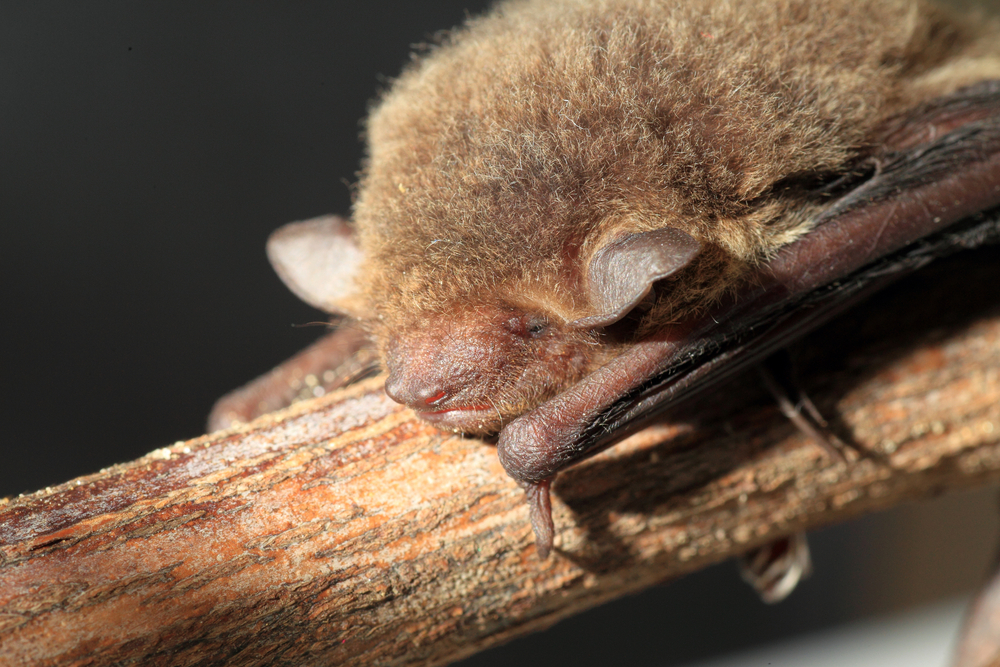Now Reading: Bat Viruses May Trigger Future Pandemic, Experts Warn
-
01
Bat Viruses May Trigger Future Pandemic, Experts Warn
Bat Viruses May Trigger Future Pandemic, Experts Warn

Quick Summary
- Bat-borne viruses, including merbecoviruses, have caused outbreaks in humans, such as MERS-CoV (Middle East respiratory syndrome).
- A study published in Nature Communications highlights HKU5 as a merbecovirus that may pose future risks to humans due to its ability to use the ACE2 receptor found in bats.
- Currently, HKU5 viruses do not infect human cells effectively; however, a mutation coudl allow them to spill over into humans.
- The natural host for HKU5 is the Japanese house bat,but there is evidence it has already crossed species by infecting minks in China.
- Researchers modeled the spike proteins of HKU5 using AI tools like AlphaFold3 to study molecular interactions and understand potential mutations or antibody responses.
- The study emphasizes proactive research on vaccines and treatments for these viruses before they become public health threats like past pandemics linked to wildlife trade or zoonotic spillover events.
Indian Opinion Analysis
India’s position as a biodiversity hotspot makes it particularly vulnerable to zoonotic diseases originating from wildlife reservoirs such as bats. Studies like this underscore the critical need for robust disease surveillance systems focused on both human populations and animal hosts across India’s diverse ecosystems. While HKU5 currently poses a limited risk globally, India’s experience with COVID-19 illustrates how quickly viral outbreaks can disrupt health systems and economic stability upon crossing species barriers.Proactive investments in virology research are essential for India not only as precautionary public health measures but also strategically-perhaps positioning Indian scientists among global leaders combating emerging infections through vaccine growth or wildlife conservation policies aimed at reducing chances of zoonotic spillovers via trade routes.
























